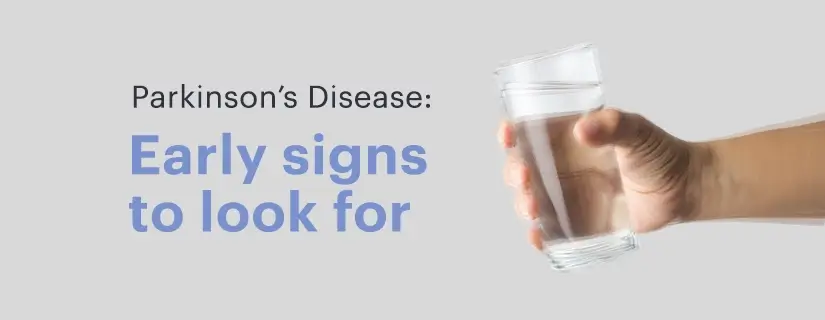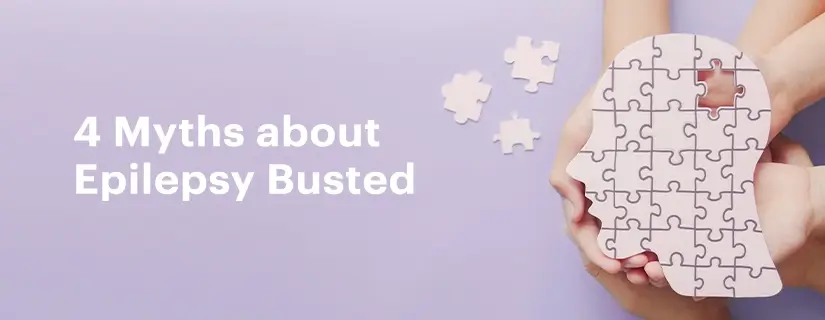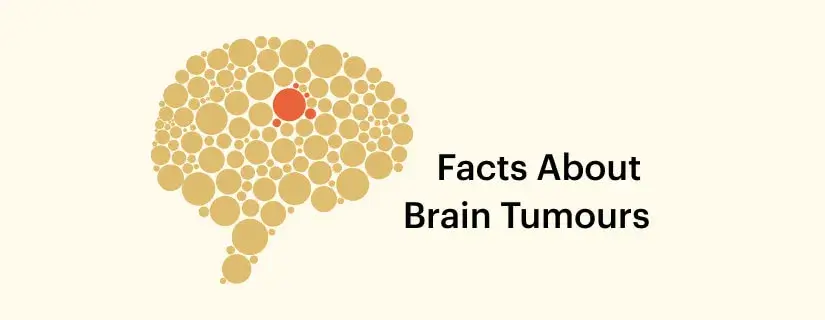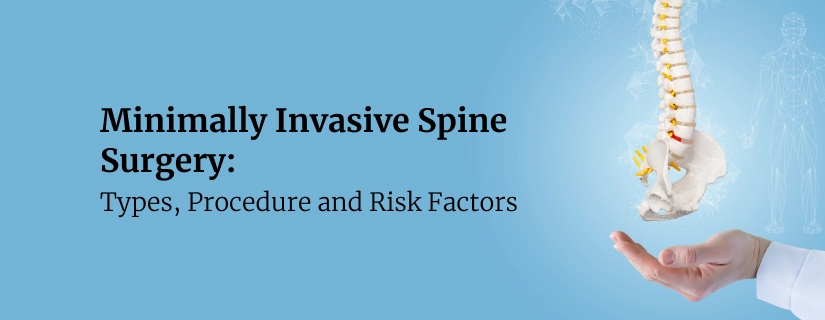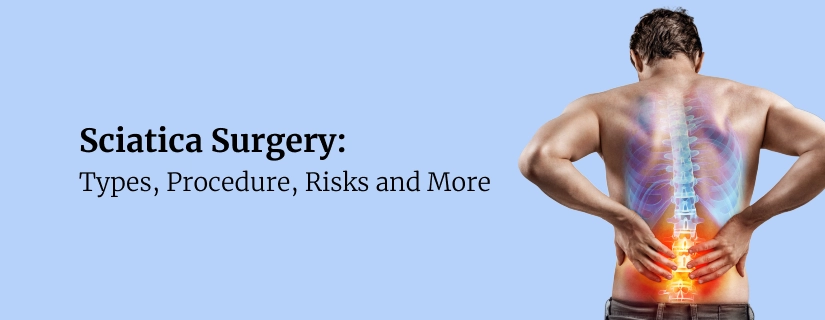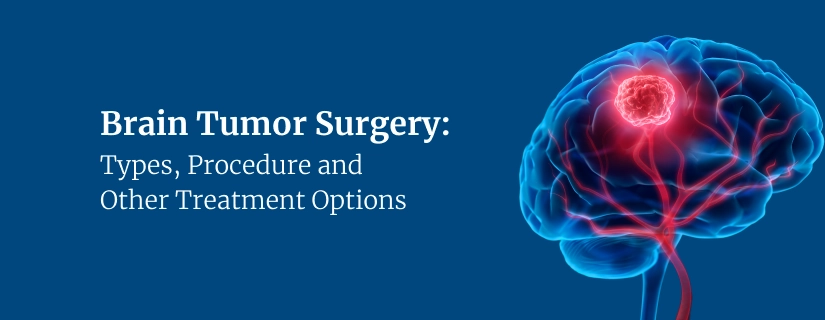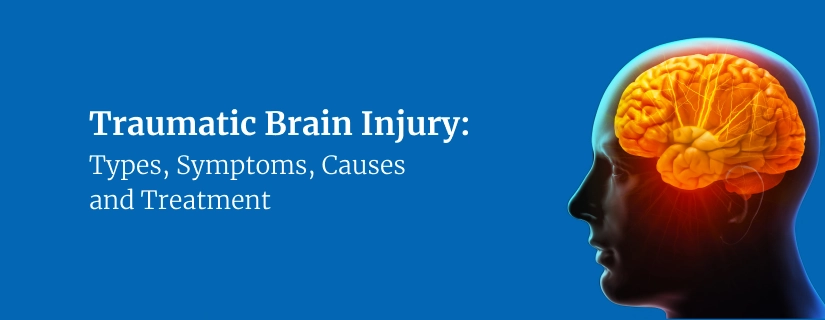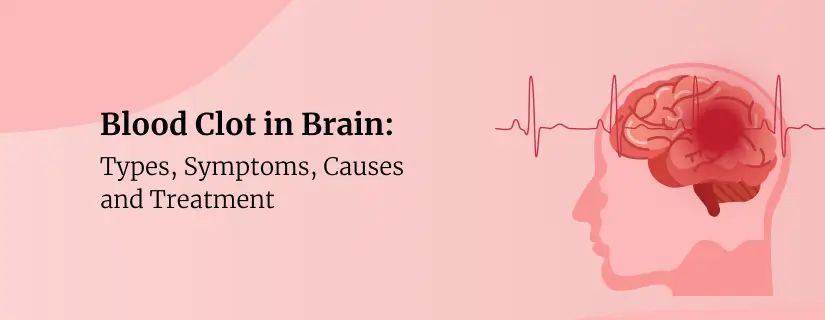-
Doctors
-
Specialities & Treatments
Centre of Excellence
Specialties
Treatments and Procedures
Hospitals & Directions HyderabadCARE Hospitals, Banjara Hills CARE Outpatient Centre, Banjara Hills CARE Hospitals, HITEC City CARE Hospitals, Nampally Gurunanak CARE Hospitals, Musheerabad CARE Hospitals Outpatient Centre, HITEC City CARE Hospitals, Malakpet
HyderabadCARE Hospitals, Banjara Hills CARE Outpatient Centre, Banjara Hills CARE Hospitals, HITEC City CARE Hospitals, Nampally Gurunanak CARE Hospitals, Musheerabad CARE Hospitals Outpatient Centre, HITEC City CARE Hospitals, Malakpet Raipur
Raipur
 Bhubaneswar
Bhubaneswar Visakhapatnam
Visakhapatnam
 Nagpur
Nagpur
 Indore
Indore
 Chh. Sambhajinagar
Chh. SambhajinagarClinics & Medical Centers
Book an AppointmentContact Us
Online Lab Reports
Book an Appointment
Consult Super-Specialist Doctors at CARE Hospitals
Clogged Arteries in Brain (Stroke): Causes, Risk Factors, and Treatment
Updated on 28 June 2022
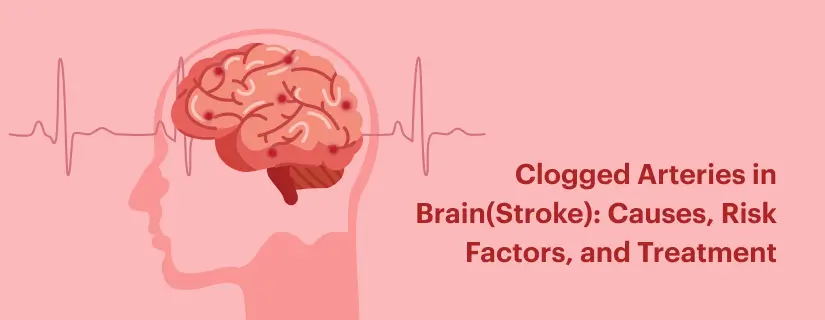
Table of Content
- Causes of Clogged Arteries in the Brain
- Symptoms of Clogged Arteries in the Brain (BE-FAST)
- How do you Clear Clocked Arteries Without Surgery?
- How Serious is a Clocked Artery in the Brain?
- What are the Warning Signs of Clogged Arteries?
- Can Artery Blockage go away Naturally?
- Risk Factors for Clogged Arteries in the Brain
- Treatment for Clogged Arteries in the Brain
- Complications of Clogged Arteries in the Brain
- Prevention of Clogged Arteries in the Brain
- Outlook for People Suffering from Clogged Arteries in the Brain
The brain is the major organ of the human body that controls the functions of other body parts. A carotid artery is located on each side of the neck and these supply blood to the brain. If there is a blockage in any one of the carotid arteries, the blood supply to the brain is disrupted. This is the most common cause of stroke.
Causes of Clogged Arteries in the Brain
The main cause of clogged arteries in the brain is the building of plaque in the arteries. Plaques may be formed from proteins, fats, calcium, and waste cells.
Plaque formation narrows down the arteries, and the arteries will become hard and less flexible. This reduces the flow of blood to the brain. Clogged arteries may also occur due to other diseases that can damage the arteries.
Symptoms of Clogged Arteries in the Brain (BE-FAST)
A person may experience symptoms only when the arteries become clogged. A person can suffer a stroke when the arteries supplying the brain become completely blocked. A person may experience the following symptoms of a brain blockage due to a sudden stroke:
- Difficulty in speaking and understanding
- Weakness in the legs, arms, and face
- Dizziness and vertigo
- Drooping of the face on one side
- Severe pain in the head
How do you Clear Clocked Arteries Without Surgery?
Clearing blocked arteries without surgery can sometimes be achieved through lifestyle changes and medications. Lifestyle modifications include adopting a heart-healthy diet low in saturated fats, cholesterol, and sodium, regular exercise, quitting smoking, managing stress, and controlling other health conditions like high blood pressure, diabetes, and obesity. Medications such as statins, antiplatelet drugs, and blood thinners may be prescribed to manage cholesterol levels, prevent blood clots, and improve blood flow.
How Serious is a Clocked Artery in the Brain?
A blocked artery in the brain is a severe condition that can lead to a stroke. When blood flow to the brain is interrupted due to a blockage, brain cells can be damaged or die within minutes. The severity of the blockage determines the extent of the damage and the resulting symptoms.
What are the Warning Signs of Clogged Arteries?
Warning signs of clogged arteries (atherosclerosis) can vary depending on the affected arteries. Common symptoms include chest pain or pressure (angina), shortness of breath, heart palpitations, weakness or numbness in the limbs, pain in the neck, jaw, throat, or abdomen, and sometimes loss of consciousness.
Can Artery Blockage go away Naturally?
Risk Factors for Clogged Arteries in the Brain
Some people are at an increased risk of developing clogged arteries. The risk factors for clogged or blocked artery in brain include the following:
- People suffering from high blood pressure are at a greater risk because high blood pressure makes the arteries weak, due to which the arteries can get damaged easily.
- High blood cholesterol is another risk factor for causing clogged arteries in the brain.
- People suffering from high blood sugar are also at an increased risk. High blood sugar can cause high blood pressure and the risk of developing plaque increases.
- Being overweight is also an increased risk factor for high blood pressure and diabetes which further increases the risk of atherosclerosis or clogged arteries.
- Lack of physical activity is the major cause of high blood pressure, obesity, and high blood sugar and can increase the risk of clogged arteries.
- People who smoke are also at an increased risk of clogged arteries.
- Increasing age is also a risk factor because, in older people, the arteries become stiff and can damage easily.
- People who have a family history of stroke are at more risk of suffering from clogged arteries.
Treatment for Clogged Arteries in the Brain
The treatment for a blocked artery in brain varies from person to person. The treatment is based on the symptoms and whether a person has experienced a stroke or not.
If there is mild blockage of arteries and the diagnosis is made before a person experiences a stroke, the doctor will advise the person to make lifestyle changes which include the following:
- One should quit smoking to reduce the risk of developing plaque in the arteries.
- One should exercise regularly to improve the functioning of body parts and maintain normal body weight. Exercise also helps to reduce blood pressure and manage blood sugar.
- One should eat a healthy diet, including green vegetables and fruits, to improve the immune system.
- One should manage chronic health problems such as high blood pressure and diabetes by maintaining a good lifestyle.
Medical (Non-invasive) treatment for clogged arteries: Blood thinners (anti-thrombotic agents) are commonly used for mild to moderate stroke
Surgical (Invasive) treatment for clogged arteries: If a person suffers from a severe stroke, the doctor will advise an invasive treatment. There are different methods of removing blockage from clogged arteries.
Carotid Endarterectomy: In this method, the doctor will give you local or general anaesthesia and will make an incision in the neck. The doctor will remove the blockage from the artery after opening it. The artery will be stitched.
Stent in the Artery: Another method used for the treatment of clogged arteries is putting a stent in the artery. This option is suitable for people who are at high risk for surgery or suffer from other health problems. In this method, the doctor will use a balloon to widen the artery and then insert a stent to keep the artery wide open.
Complications of Clogged Arteries in the Brain
Clogged arteries in the brain can lead to several complications, primarily associated with reduced blood flow and oxygen supply to brain cells. Some of the major complications include:
- Ischemic Stroke: A clot formed within a narrowed artery can block blood flow to a specific part of the brain, causing sudden neurological deficits like paralysis, speech difficulties, or vision problems.
- Embolic Stroke: Plaque rupture in the brain's arteries can release clots into the bloodstream, which can then travel to smaller blood vessels in the brain, causing blockages and leading to an embolic stroke.
- Cognitive Impairment: Chronic reduction in blood flow can lead to cognitive decline, memory issues, and difficulty in processing information or making decisions.
- Transient Ischemic Attacks (TIAs): These are brief episodes of stroke-like symptoms caused by temporary blockages in the brain's arteries. TIAs are warning signs of potential major strokes.
- Dementia: Prolonged clogged arteries and reduced blood flow may contribute to the development of vascular dementia, a type of dementia caused by problems with blood supply to the brain.
- Aneurysm: In some cases, clogged arteries can weaken the vessel walls, leading to the formation of aneurysms, which are bulges that can rupture and cause life-threatening bleeding in the brain.
Prevention of Clogged Arteries in the Brain
Preventing clogged arteries in the brain involves adopting a healthy lifestyle and managing risk factors that contribute to the development of arterial plaque. Here are some essential steps for prevention:
- Healthy Diet: Follow a balanced diet that is low in saturated and trans fats, cholesterol, and sodium. Focus on fruits, vegetables, whole grains, lean proteins, and healthy fats like those found in nuts, seeds, and olive oil.
- Regular Exercise: Engage in regular physical activity, such as walking, swimming, cycling, or aerobic exercises. Regular exercise helps maintain a healthy weight, improves blood circulation, and reduces the risk of clogged arteries.
- Don't Smoke: Smoking damages the arteries and increases the risk of plaque buildup. Quitting smoking is one of the most significant steps to prevent clogged arteries and other cardiovascular diseases.
- Manage Blood Pressure: Keep blood pressure within a healthy range through lifestyle modifications and, if necessary, with medications as prescribed by a healthcare professional.
- Control Cholesterol Levels: Monitor cholesterol levels regularly and manage them through dietary changes, exercise, and medication if advised by a doctor.
- Manage Diabetes: If you have diabetes, work with your healthcare team to manage blood sugar levels effectively to reduce the risk of clogged arteries.
- Maintain a Healthy Weight: Aim to achieve and maintain a healthy weight through a combination of a balanced diet and regular physical activity.
- Limit Alcohol Intake: If you drink alcohol, do so in moderation. Excessive alcohol consumption can increase blood pressure and contribute to clogged arteries.
- Manage Stress: Chronic stress can impact heart health. Practice relaxation techniques like meditation, yoga, or deep breathing to reduce stress levels.
- Regular Health Check-ups: Regularly visit a healthcare professional for routine check-ups and screenings to monitor your overall health and identify any potential risk factors early.
Outlook for People Suffering from Clogged Arteries in the Brain
The outlook for the clogged arteries in the brain will depend on the severity of the problem. People who are at risk of developing clogged arteries can improve their lifestyles to maintain better health.
- People suffering from high blood pressure should get their blood pressure checked regularly.
- People suffering from high blood sugar and cholesterol should get their blood sugar and cholesterol checked regularly.
- They should go for another test on a routine basis for an early diagnosis of the condition and take the right treatment.
In conclusion, clogged arteries in the brain can be dangerous and can produce harmful effects. Therefore, one should be aware of the symptoms and should make required lifestyle changes to reduce the risk of clogged arteries. People at risk should consult with a doctor regularly for early diagnosis and treatment.

ENQUIRY FORM
SELECT CATEGORIES
-
Neurosciences (16)
-
Neurology (38)
-
Neurosurgery (14)
-
Orthopaedics (48)
-
Oncology (33)
-
Obstetrics and gynecology (52)
-
Pulmonology (23)
-
Urology (20)
-
Nephrology (13)
-
Psychiatry (7)
-
Dietetics and Nutrition (111)
-
General Medicine (63)
-
Cardiac Sciences (32)
-
Vascular & Endovascular Surgery and Interventional Radiology (15)
-
Gastroenterology (46)
-
Endocrinology (23)
-
Plastic Surgery (10)
-
Critical Care Medicine (5)
-
COVID-19 (16)
-
Dermatology (16)
-
Emergency Care (1)
-
Ophthalmology (4)
-
Pediatrics (14)
-
Laparoscopic and Bariatric Surgery (8)
-
ENT (15)
-
Kidney Transplant (1)
-
Liver Transplantation and Hepatobiliary Surgery (5)
-
General Surgery (3)
-
Internal Medicine (5)
-
Medicine Information
5 Facts About Parkinson's Disease
DBS: A Life-Changing Procedure
YOU MAY ALSO LIKE
RECENT BLOGS
-

Rotablation Angioplasty: Benefits, Treatments, And Recovery Time
6 February 2026
Read More
-

What Is The Difference Between IUI and IVF?
6 February 2026
Read More
-
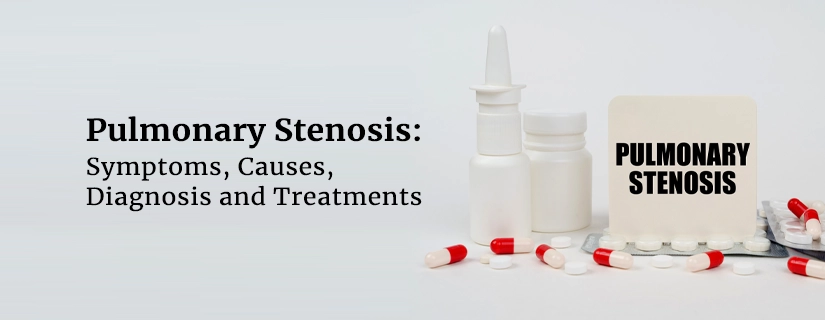
Pulmonary Stenosis: Symptoms, Causes, Diagnosis and Treatments
6 February 2026
Read More
-
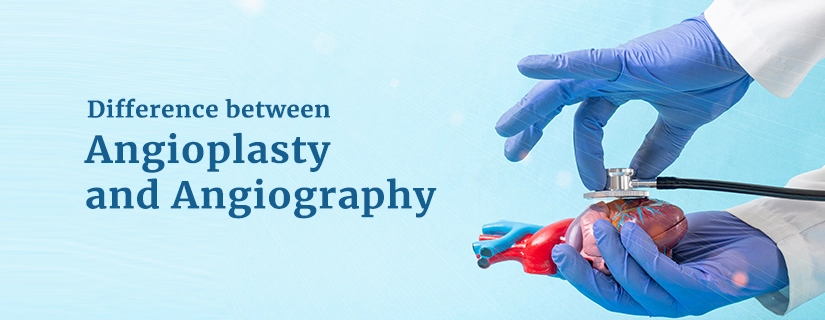
Difference between Angioplasty and Angiography
6 February 2026
Read More
-

Hemoptysis (Coughing Up Blood): Causes, Treatment and Home Remedies
2 February 2026
Read More
-
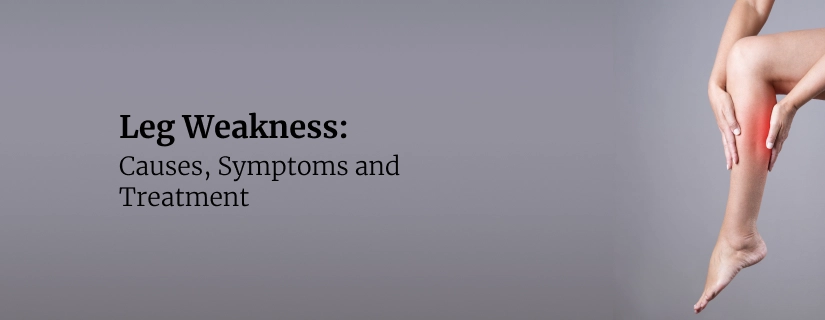
Leg Weakness: Causes, Symptoms and Treatment
9 January 2026
Read More
-

Back Pain After C-Section: Causes and Home Remedies
9 January 2026
Read More
-

Belly Button Pain (Periumbilical Pain): Causes, Treatment and When to See a Doctor
9 January 2026
Read More
Have a Question?
If you cannot find answers to your queries, please fill out the enquiry form or call the number below. We will contact you shortly.



